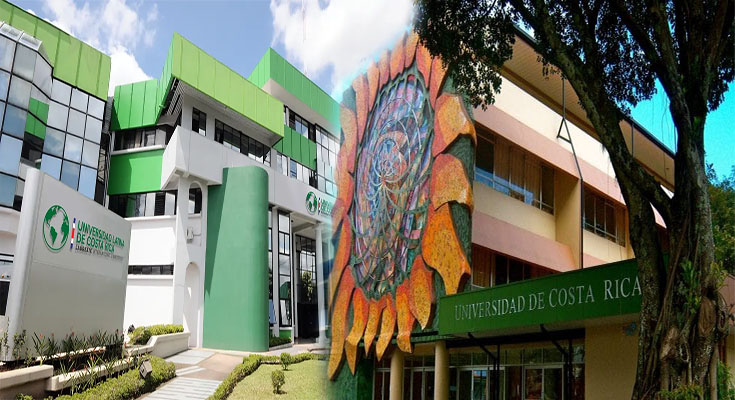
Why Psychological Assessments are Important For Child Development
Psychological assessments are extremely important during the key developmental years of children and adolescents. Assessments play a crucial role in understanding and supporting the well-being of children and their families. These assessments are comprehensive evaluations conducted by trained professionals to gain insights into a child’s cognitive, emotional, and behavioural functioning.
Here’s how psychological assessments can be invaluable for children and their families:
Early Intervention
Psychological assessments can identify developmental delays, learning disabilities, or behavioural issues in children at an early age. Early intervention is key to addressing these challenges effectively, potentially preventing more significant problems later on.
Accurate Diagnosis
Assessments provide a precise diagnosis of psychological disorders such as ADHD, autism, anxiety, or depression. This clarity allows parents and caregivers to access the right resources, therapies, and treatments tailored to their child’s specific needs.
Individualised Treatment Planning
Once the assessment is complete, professionals can develop personalised treatment plans. These plans …
Why Psychological Assessments are Important For Child Development Read More




